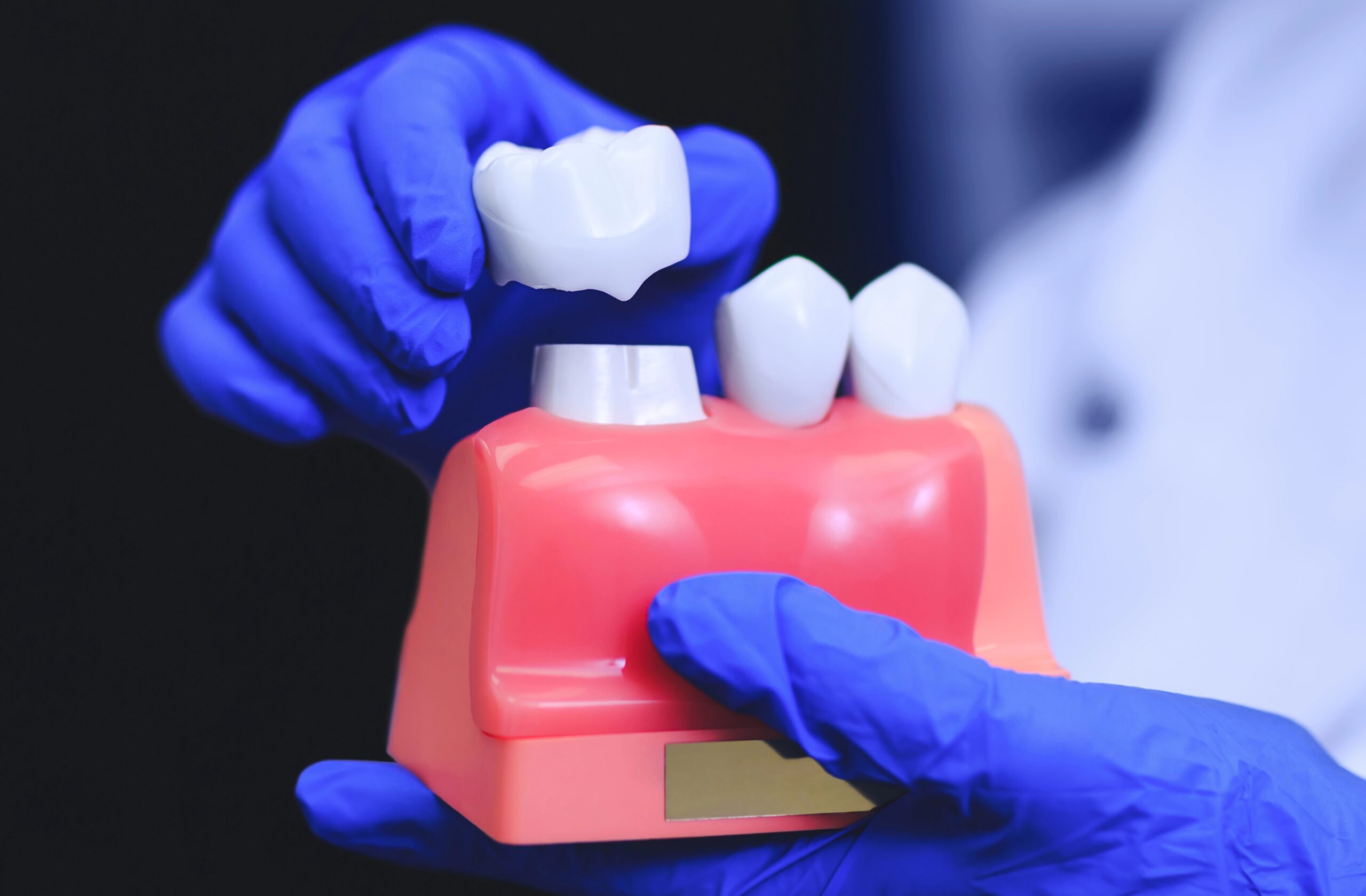
What To Expect During Dental Implant Recovery
- Posted on March 29, 2022
If you're scheduled to undergo dental implant surgery, you're probably frantically searching the internet for answers to your many last-minute questions, like how long does the implant procedure take? What does the dental implant recovery time look like? Is there a chance of implant failure? How long until I can receive a dental implant crown?
These are all valid questions. We're going to outline these below in an attempt to ease your post-surgery nerves.
Why Are Dental Implants Recommended?
This type of restorative dentistry is recommended for patients who generally have good oral health, but are missing teeth which can be a result of injury, tooth decay, or gum disease. There are a few different reasons why your dentist will recommend you get dental implants and not leave missing teeth untreated:
- To maintain your good oral health
- To improve bite (and bite alignment) and chew
- To prevent jaw bone loss
- To prevent facial changes (cheeks and lips)
- To prevent further issues from arising
- To improve your self-confidence
Since dental implants act as a complete tooth replacement, from the root up, they can hold many benefits that long-term dentures or dental bridges could. They also have a success rate of up to 98%, so you can rest assured knowing your dentist is making a great suggestion to improve your dental health.
The Dental Implant Procedure
While some dental offices may have an oral surgeon who performs implant dentistry in their office, not all will. This is when you'll be recommended to an oral and maxillofacial surgeon; those who perform surgery of the face, neck, head and jaw.
If you don't require a bone graft or gum graft first before the placement of the dental implant, the surgical procedure is actually quite simple. Because this is more minor surgery, you'll be given local anesthesia to numb the area. Once numb, the surgeon will make a small slit in your gums, place the dental implant (a titanium screw) to your jaw bone, and then stitch up the surgical site afterwards. This will be the first stage of your surgery. The second stage will involve attaching an abutment if it wasn't already attached during the first stage. The third stage will involve placement of the crown on the implant.
Gum & Bone Grafting
If you do require bone grafting or gum grafting, this step will need to be done before the placement of any dental implants. This may be because your dentist has determined you don't have enough efficient bone to thoroughly support the dental implant which can lead to failure. If you're lacking gum tissue, this can also lead to implant failure.Bone graft or Gum grafts are placed before placement of Implants. The healing process will vary per patient; typically three months or more. Once it's healed, then you'll undergo dental implant surgery.

Following Dental Implant Surgery
Just as stated with the grafting healing process, healing from dental implant surgery will vary per patient as well. Everyone is different but typically, most patients heal from the first stage within 4-6 months after which you will receive your dental crown. This helps to ensure full, effective healing.
During The First 24 Hours
Just as you would with any other oral surgery, you should rinse your mouth with lukewarm water and salt, but rinse gently to avoid dislodging the blood clot. Don't attempt to brush your teeth until after 24 hours have passed. Change the gauze regularly and don't drink from a straw. You should also rest with your head slightly elevated, avoid any strenuous physical activity, and definitely avoid smoking. Just take it easy!
During The Rest of The Recovery Process
You may not experience as much pain as you think you're going to as dental implant surgery is fairly minor, however, discomfort is very common no matter what type of oral surgery you undergo. Your surgeon may prescribe antibiotics and pain medication which should be taken as directed. You can also take Advil, Tylenol or Ibuprofen.
For the first couple of days, just eat soft foods like mashed potatoes, apple sauce, etc. Avoid food that is too hot. If you notice swelling, a cold compress on your cheek will do the trick. Within a few days, you should feel back to normal and continue physical activity.
Follow Your Dentist's Orders After Receiving Dental Implants
If you practice good oral hygiene and continue to visit your dentist regularly, you should experience minimal discomfort and be able to heal from implant surgery quickly. Depending on how extensive your surgery was, you may also be prescribed pain medications and antibiotics to help with the healing process which should be taken as directed. But, just remember as with any surgical procedures, healing times and symptoms will vary per patient.

Dr. Prabhdeep Kaur, a General Dentist, has been enriching the field of dentistry with her expertise for over 13 years, having obtained her license in Canada in 2015. A holder of a BDS degree, Dr. Kaur’s proficiency spans a wide array of dental services, including General and Cosmetic Dentistry, Wisdom Teeth Extractions, Invisalign, and more. Her commitment to her craft is further evidenced by her memberships in prestigious organizations like the Ontario Dental Association, the Academy of General Dentistry, and the Royal College of Dental Surgeons of Ontario.
Renowned for her patient-focused approach, Dr. Kaur emphasizes the importance of listening and customizing treatments to meet individual needs, viewing dentistry not only as a science but also as an art form dedicated to enhancing and restoring smiles. Her dedication to ongoing education ensures she remains at the cutting edge of dental advancements.
Outside her professional life, Dr. Kaur enjoys family time, travel, and cinema, adding a relatable and approachable dimension to her persona. She is passionate about delivering professional and quality dental care, driven by her desire to connect with people and address their dental needs effectively.
Dr. Kaur’s journey in dentistry serves as an inspiration for aspiring dental professionals, advocating determination, motivation, and enjoyment in their work. Follow her journey and professional updates on Instagram @drprabh84, where she continues to inspire both her patients and peers in the dental community.






